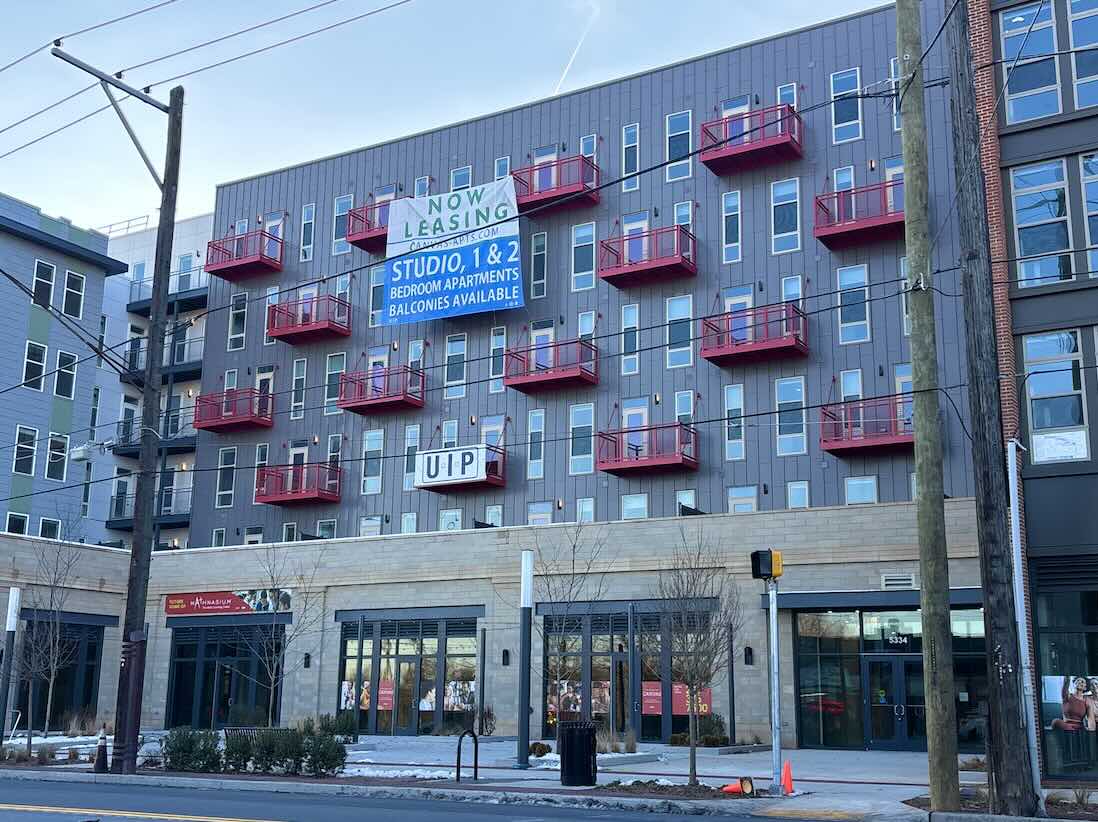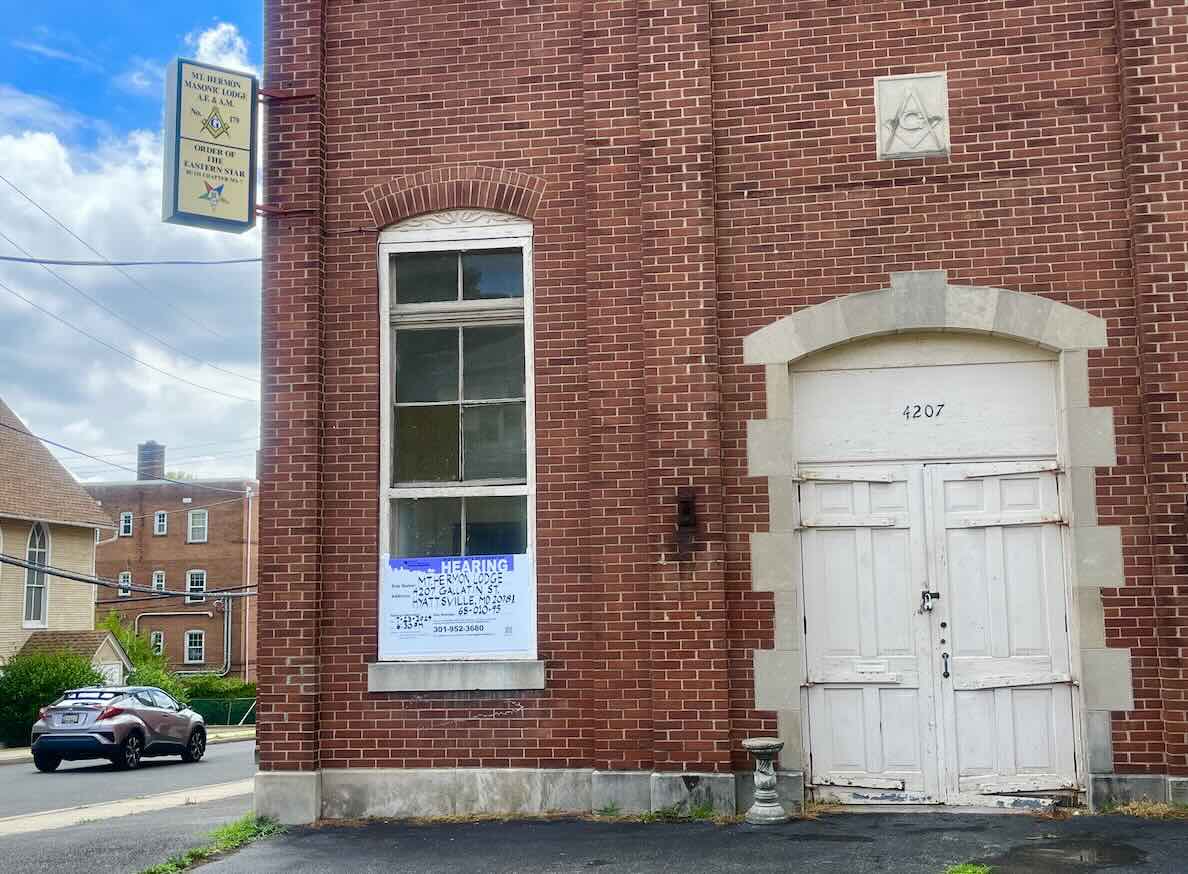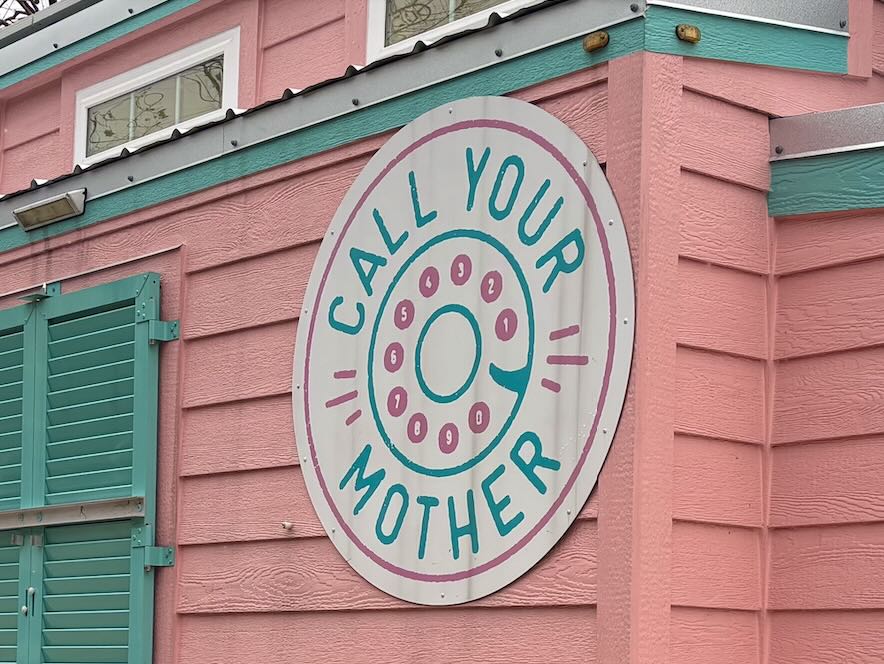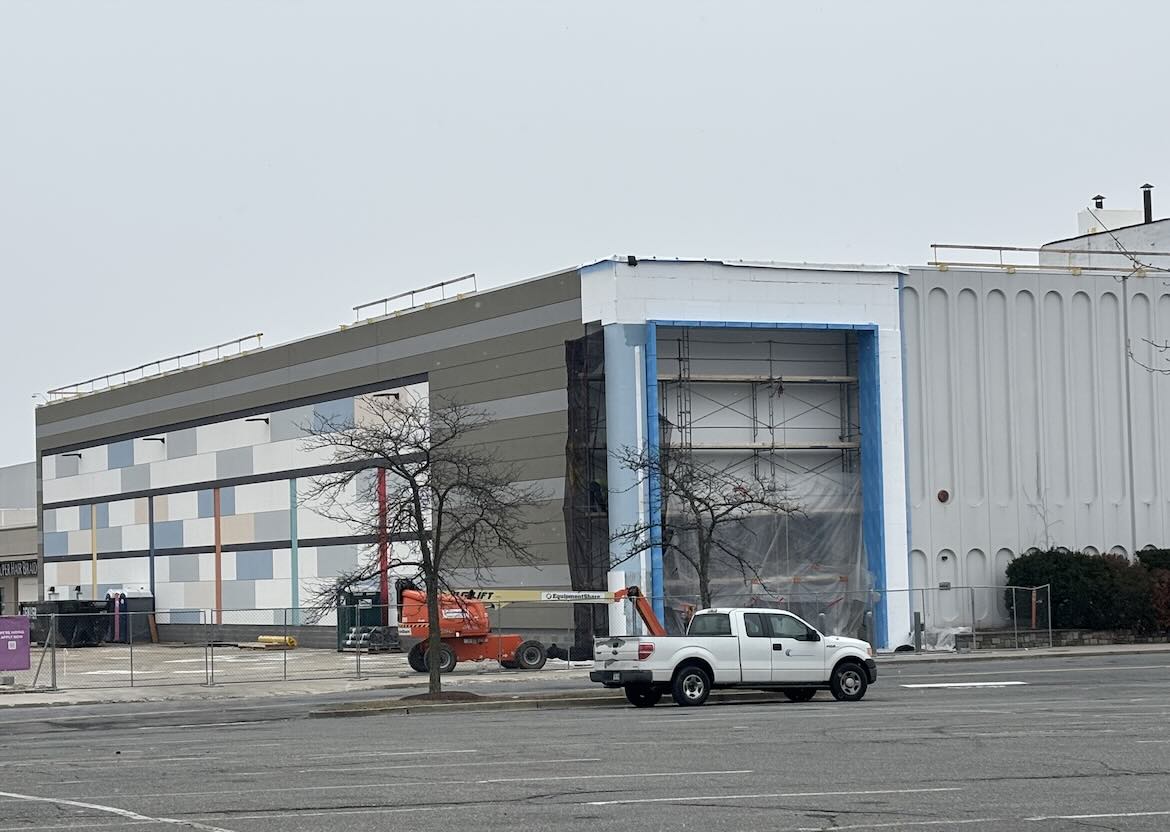
A popular bikesharing program in College Park and University Park is ending this summer, but its replacement will be even better.
The towns together with the University of Maryland prematurely ended their contract with Zagster, the Massachusetts-based company that ran the popular mBike program, after changes in its business model.
They are now looking for a new vendor — there’s no shortage of options — with the goal of shifting the program to include more dockless bikes, e-bikes and even some of those ubiquitous electric scooters.
“We will probably favor e-bikes with some pedal bikes, and go slowly on e-scooters,” University Park Mayor Len Carey told the Hyattsville Wire.
The change would be dramatic. Dockless bikes have their detractors, who complain about users who block sideways or leave them in inconvenient places. But as part of a system that includes plenty of racks around town, they can be helpful.
But the real shift is in e-bikes, which have proven vastly more popular than regular bikeshares. E-bikes come in different configurations, but the basic idea is a small motor that boosts the power of your pedaling. (To a point, that is. The speed is usually capped at 20 to 28 mph.)
For those who bike for exercise, that may seem like cheating. But it dramatically boosts how often users feel like biking while expanding the range that they can comfortably travel, an important consideration for commuters who don’t want to show up to work or class covered in sweat.
For many users, the choice isn’t between a regular bike and an e-bike, but between an e-bike and simply not biking. One recent survey of 1,800 e-bike owners in North America found that 55 percent rode daily or weekly before getting an e-bike; afterward, that number shot up to 91 percent.
With its leafy, spread-out campus, plenty of existing dock locations and students who are game to try new things, College Park is an ideal place to experiment with e-bikes.

















